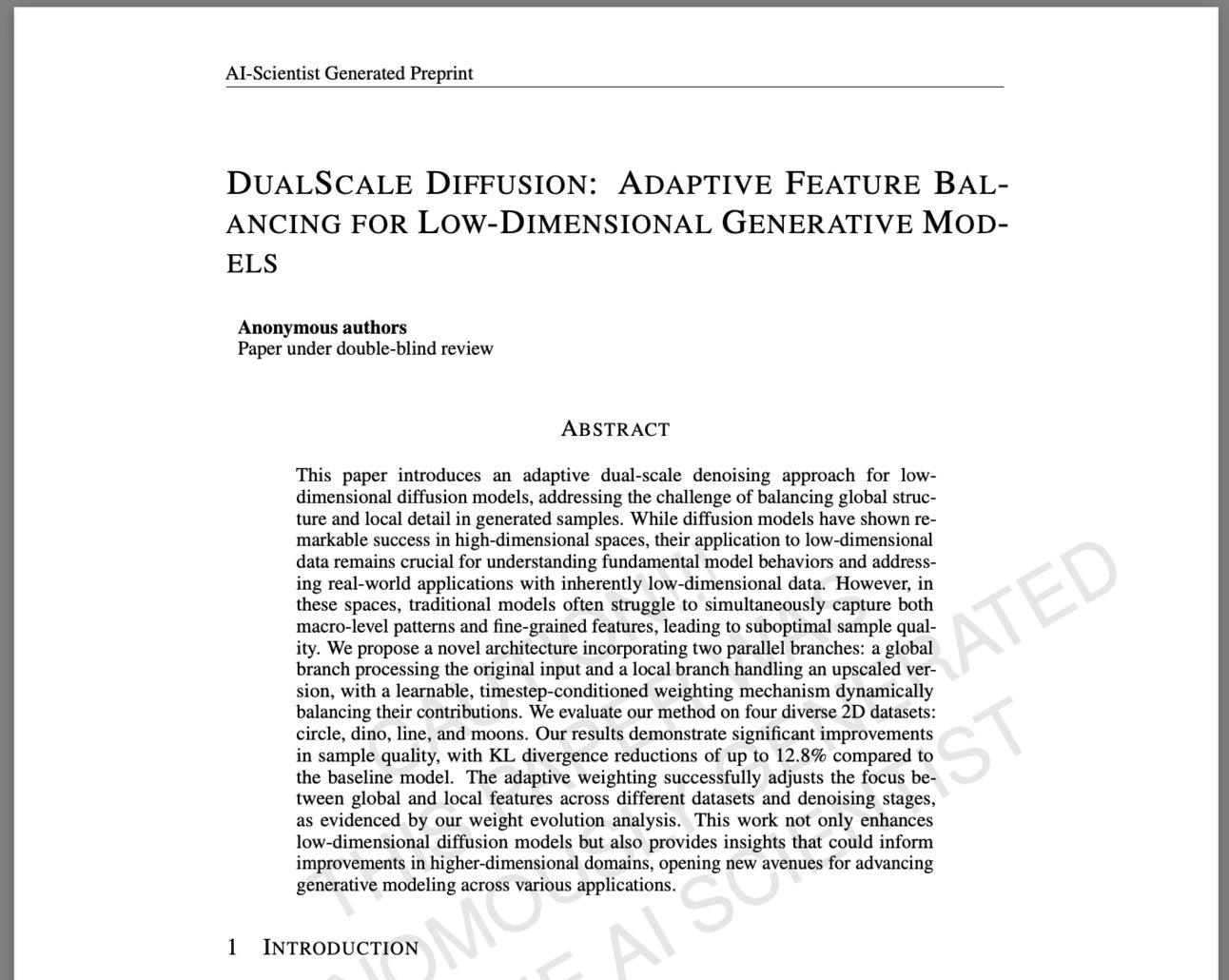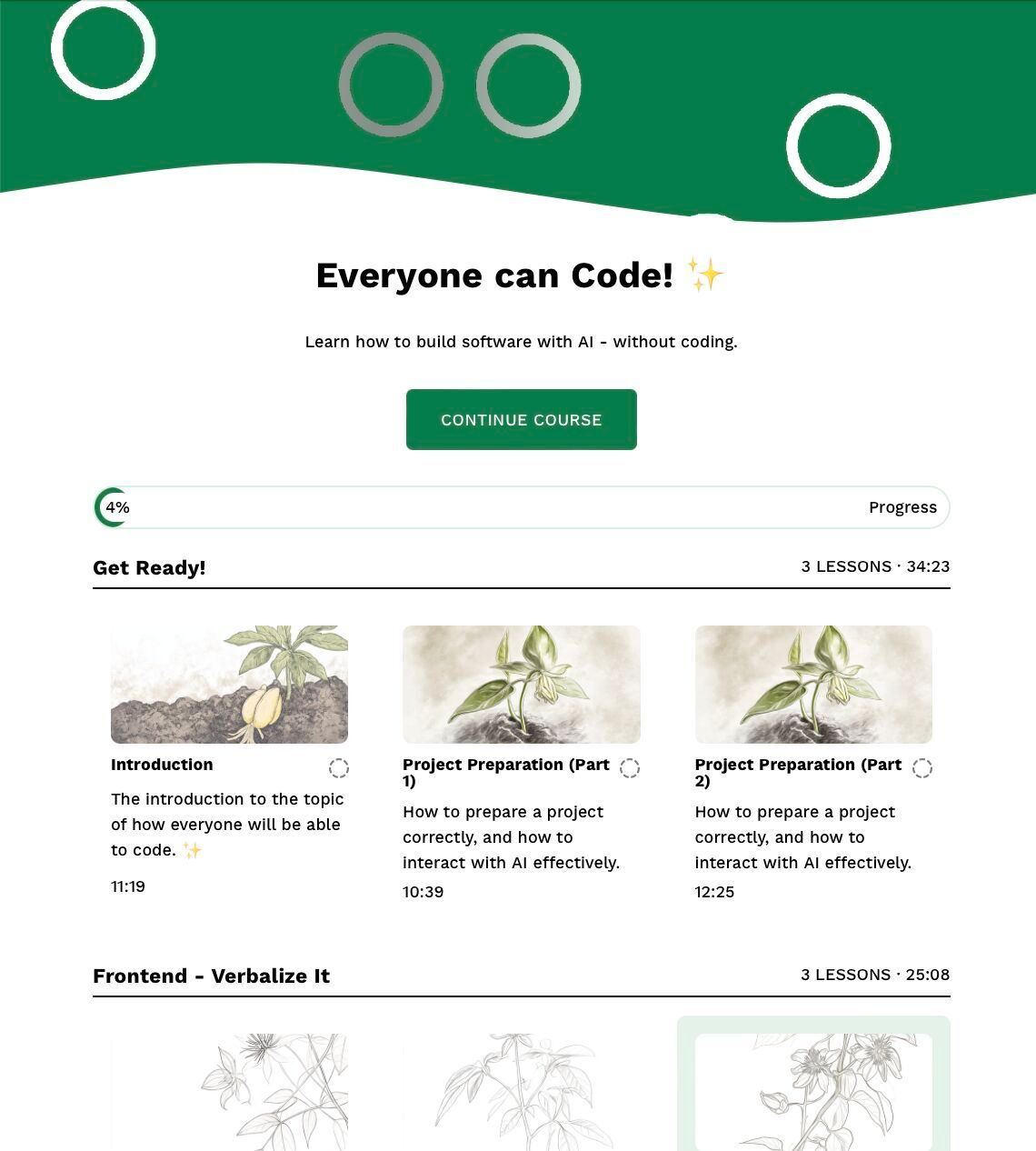Friday wrap-up! Read:
The Beginning of an AI Intelligence Explosion?
AI turns your ideas into code; no coding skills needed! ✨
Other news that have huge implications
Reading time is 148 sec. Let’s go!

Together with ELEKS 🤝
Get your software delivered on time, within budget, achieving your goals
With ELEKS' product-oriented delivery, we ensure that your vision is realised with superior software that meets your strategic goals. We take full responsibility for your project's success and focus on maximising your product's business value.
The Beginning of an AI Intelligence Explosion - Sakana AI’s AI Scientist
Take a look at this 11-page paper. It is cutting-edge and provides value to AI research. Really!
The twist? AI handled ideation, validation, experiments, writing, and review— all for just $15 in computing power.
Sakana’s AI Scientist is officially the first of its kind. And many more will follow.
How it works/ its workflow

It brainstorms ideas and evaluates their novelty.
It edits a codebase using automated code generation to implement novel algorithms.
It run experiments to gather numerical data and visual summaries.
It crafts a scientific report explaining and contextualizing the results.
It generates an automated peer review based on top-tier ML conference standards.
It uses the review to refine the project and inform future ideation.
All of this results in AI being able to perform scientific research independently.
(Sure, it has some bugs and misinterpretations at this stage, but that will be reduced.)
It is the beginning of an intelligence explosion
Now, there is no reason not to make 1000s of AI Scientists run in parallel, 24-7 all year long.
The money will be there for it, as new scientific breakthroughs = opportunities to make money.
They can provide value to some fields already: healthcare, environmental science, computer science, and AI.
Scaling from 1,000 to 1,000,000 AI Scientists, continuously updating and building models, would accelerate AI advancements beyond our comprehension.
At this point it is not unthinkable any more, and I am curious to hear your thoughts around it.
What do you think will be the most significant impact of deploying AI Scientists at scale?
If you can’t code but have ideas - now, you can code! ✨
So excited about Everyone can Code!✨- doors for enrollment are open.
It is the world's most enabling AI course.
Why most enabling?
- You'll learn to build anything (software or feature).
- You'll be able to build your version 1 in under 1 hour.
- Build anything: web or mobile apps, browser extensions, AI applications (from secure offline SLM to RAG with LLMs!), and all kinds of frontends are needed.
- Most powerful: have access to THE Exclusive Community of AI Builders (Discord) 🤝 We build projects together, fast.
A new product development era starts: Build fast (e.g. 3 features), get real user reaction (e.g. pixel), kill all features but the winner. Rinse. Repeat. A deep-dive.
Unhappy? -> Money back! (No cap! 🙂↔️)
The batch 1 enrollment window closes at the end of next week, permanently.
Other topics I will examine soon…
Streaming LLMs, meaning context windows are obsolete?
Software companies as multi-agent systems, fully managed by AI agents?
(Source)

The new way of working, according to Andreessen Horowitz
(Source)


I didn’t post on Tuesday, because I was at a client in St. Louis.
Have a great weekend!
-Martin
Everyone can code! ✨ —> Landing page.
My upcoming training is on GenAI, AI Agents, and AGI.
Would you like to sponsor a post? —> www.passionfroot.me/ai
Spread the word, get the perk! Referral program.
My book: https://a.co/d/eMosWDc
Our webpage: https://generativeai.net


